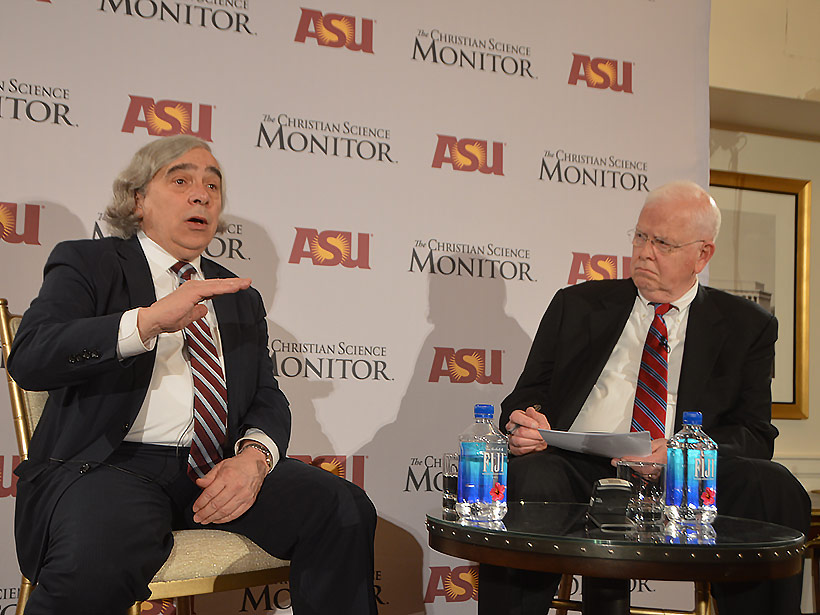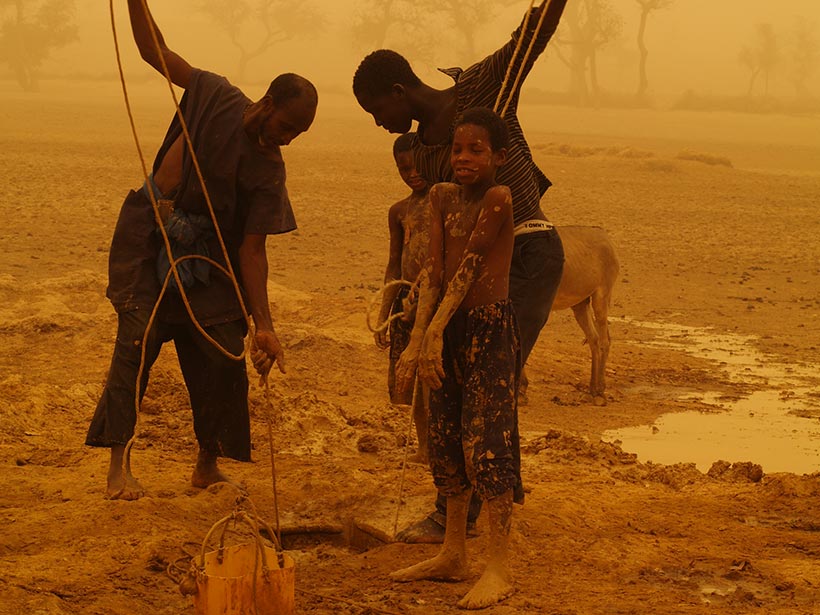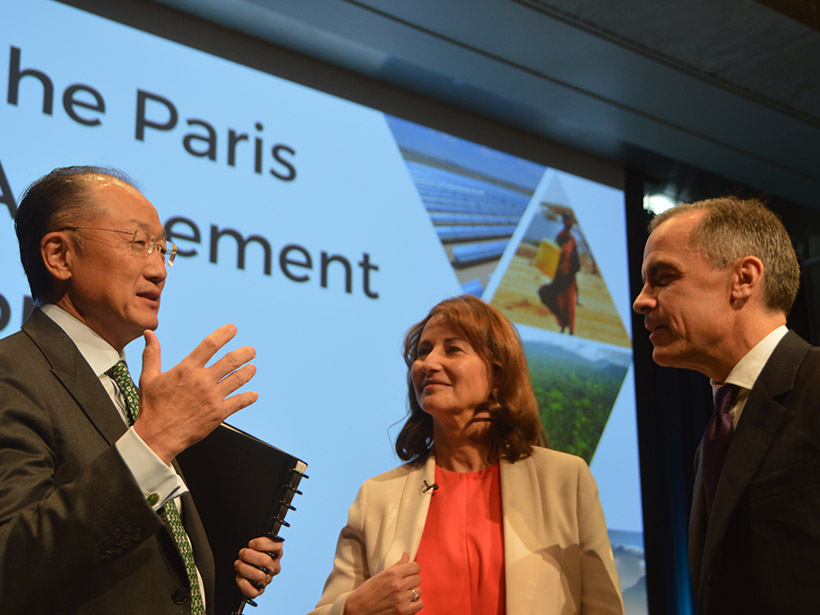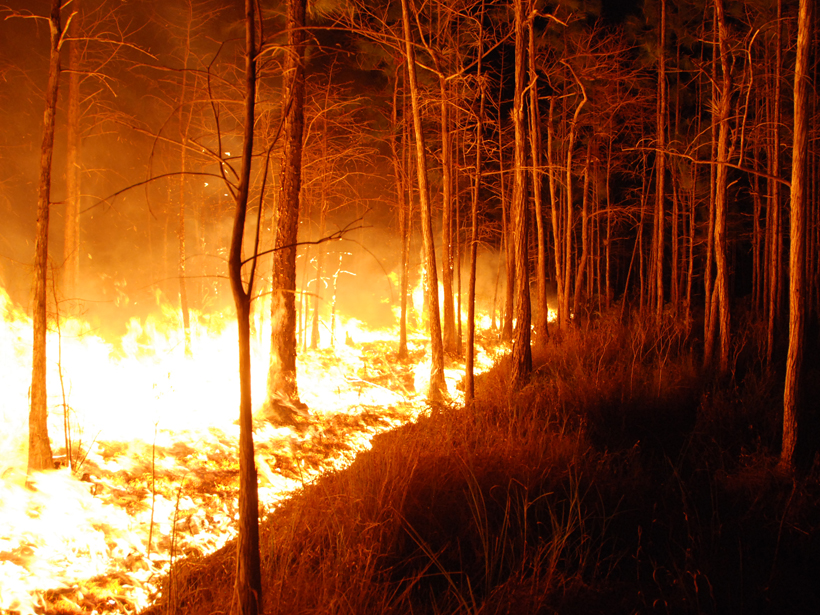Moniz foresees progress on climate change in the United States no matter who wins the U.S. presidential election.
Climate Change
New Climate Studies: Worse Risks at 2°C Rise, Higher Rise Likely
Although the Paris agreement scheduled to be signed 22 April aims for a 2°C warming cap, new findings show that even a 1.5°C rise will hit glaciers hard.
Blowin’ in the Wind: Observing Stratospheric Aerosols
New observations and understanding of stratospheric particles are crucial for evaluating their role in climate change.
Finance Head Urges Strong Climate Mitigation, Adaptation Steps
Countries ratifying the Paris climate agreement need strong financial incentives to convince them to choose renewables over fossil fuels, according to World Bank president.
A Decade of Progress in Stratospheric Aerosol Research
Enhanced technology and chemistry-climate models have advanced our understanding of the sources and processes controlling the evolution of the stratospheric aerosol layer, the so-called Junge layer.
Nitrogen Garners Starring Role in Refined Earth System Model
Scientists create a more realistic representation of plant nitrogen uptake and usage to improve global climate simulations.
Are U.S. States Prepared to Manage Water in a Changing Climate?
An empirical study of water allocation and planning in five states concludes that they lack a statewide strategy to manage the impacts of climate change on water resources.
Faith and Science Working Together on Climate Change
When science can show that the poorest among us are suffering first and worst from human-induced climate change, religions can motivate people of faith to care and to act.
Villages Must Recalibrate Time to Survive in the Pamir Mountains
Scientists plan projects this year to help a rugged, troubled region of central Asia retune traditional timekeeping methods based on environmental cues in the face of climate change.
Paleofires and Models Illuminate Future Fire Scenarios
Advances in Interdisciplinary Paleofire Research: Data and Model Comparisons for the Past Millennium; Harvard Forest, Petersham, Massachusetts, 27 September to 2 October 2015









